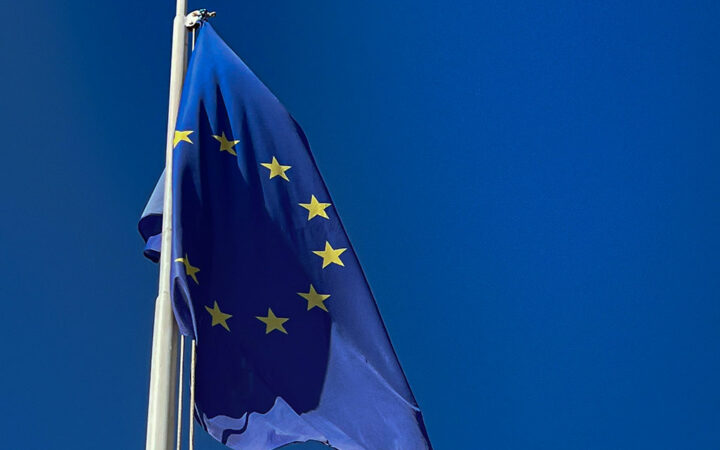Within the initiative of fact-checking, Reuters will check English and Spanish language content on Facebook and Instagram and publish the results on the Reuters blog.
The world’s largest news agency Reuters and Facebook have launched fact-checking service. The initiative aims at verifying the authenticity of user-generated photos, videos, headlines and identifying misinformation on Facebook and Instagram.
Notably, for the initiative, Reuters has partnered with Facebook’s Third-Party Fact-Checking Program. Besides, the initiative follows Reuters’ previous verification efforts it has made to ensure accurate and trustworthy news content. On February 7, Reuters passed the necessary certification by the International Fact-Checking Network (IFCN). Despite being a well-established news organization, Reuters has not yet produced fact checks on a regular basis.
IFCN assessor Michael Wagner explained:
“It is the case that Reuters’ political and community activity policy will not be compliant with IFCN standards, but it should be noted that their policy is realistic and reasonable.”
Now, Reuters will check English- and Spanish-language content on Facebook and Instagram and publish the results on the Reuters blog.
Keren Goldshlager at Facebook Integrity Partnerships said:
“Expanding our fact-checking program is an important part of our work to fight misinformation. We are thrilled that Reuters is joining our U.S. partnership, and know we’ll benefit deeply from their expertise in visual verification and user-generated content.”
Facebook to Enhance Data Security
Notably, Reuters and Facebook launch fact-checking “in the run-up to the U.S, election and beyond.” Previously, Facebook got in hot water after Cambridge Analytica collected data for roughly 50 million Facebook users without permission. Cambridge Analytica that worked for the Trump campaign targeted users with personalized ads during the 2014 US presidential elections. The attackers exploited a feature in Facebook’s code to gain access to user accounts and take control of them. After the Cambridge Analytica scandal broke, the Federal Trade Commission promised to launch an investigation into whether Facebook’s handling of data violated a 2011 consent order it had with the company.
Later, Facebook revealed that the scandal affected 87 million users. The breach was the largest in the company’s 14-year history.
By the way, this was not the first time Facebook got involved in scandals over security issues. In 2018, Facebook was found guilty in German and Belgian courts of violating privacy laws. Further, KrebsOnSecurity reported on dozens of Facebook groups open for cybercrime purposes. Above all, Facebook gave big companies greater access to its users’ data without the user’s permission. This included giving Microsoft’s search engine Bing access a user’s friends without the user’s consent and letting Netflix and Spotify read a user’s private messages. Besides, Facebook allowed Amazon to gather names and contact information.
Moreover, in April 2019, researchers discovered third-party databases containing 146 GB of Facebook data on 540 million users.
After the case, Facebook decided to avoid such mistakes in the future. Now it will pay Reuters for providing fact-checking, which is a step in the right direction for the social media giant.

